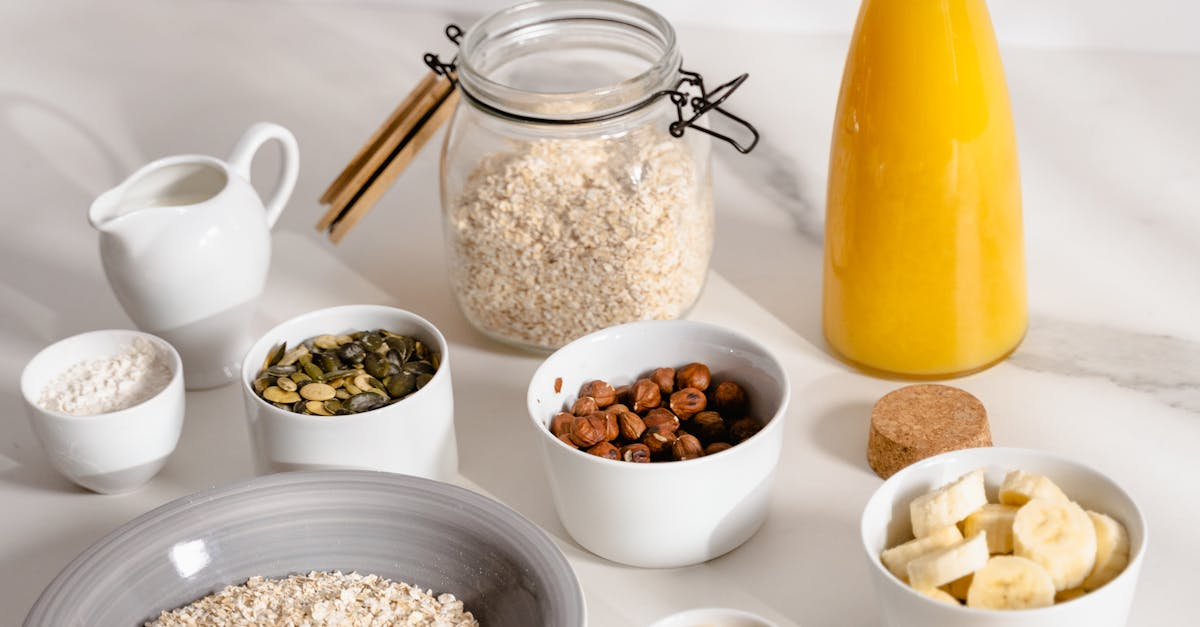Foods High in Vitamins A to Z: A Complete Guide

Vitamins and minerals Eating a variety of foods ensures that your body gets all the essential vitamins it needs to function properly. Here’s a breakdown of foods rich in each vitamin, from A to Z (though there is no vitamin Z, we’ll cover the key vitamins):
1. Vitamin A
Benefits: Supports vision, immune function, and skin health.
Food Sources
2. Vitamin B1 (Thiamine)
Benefits: Helps convert food into energy and supports nerve function.
Food Sources
Whole grains
– Sunflower seeds
– Pork
– Beans
– Peas
3. Vitamin B2 (Riboflavin)
Benefits: Supports energy production and skin health.
Food Sources
Milk
– Eggs
– Almonds
– Beef liver
4. Vitamin B3 (Niacin)
Benefits: Improves digestion and supports skin health.
Food Sources
Chicken breast
– Tuna
– Turkey
– Mushrooms
– Peanuts
5. Vitamin B5 (Pantothenic Acid)
Benefits: Vital for making blood cells and converting food into energy.
Food Sources
– Avocados
– Sweet potatoes
– Mushrooms
– Chicken
– Lentils
6. Vitamin B6 (Pyridoxine)
Benefits: Supports brain development and immune function.
Food Sources
– Bananas
– Chickpeas
– Tuna
– Potatoes
– Poultry
7. Vitamin B7 (Biotin)
Benefits: Helps maintain healthy skin, hair, and nails.
Food Sources
– Eggs
– Almonds
– Sweet potatoes
– Spinach
– Salmon
8. Vitamin B9 (Folate/Folic Acid)
Benefits: Essential for DNA synthesis and pregnancy health.
Food Sources:
– Leafy greens (spinach, kale)
– Lentils
– Asparagus
– Broccoli
– Beans
9. Vitamin B12 (Cobalamin)
Benefits: Important for nerve function and red blood cell formation.
Food Sources:
– Fish (salmon, tuna)
– Meat
– Dairy products
– Eggs
– Fortified cereals
10. Vitamin C (Ascorbic Acid)
Benefits: Boosts immunity, skin health, and helps in collagen production.
Food Sources:
– Oranges
– Kiwi
– Strawberries
– Bell peppers
– Broccoli
11. Vitamin D
Benefits: Promotes calcium absorption for bone health.
Food Sources:
– Fatty fish (salmon, mackerel)
– Fortified milk
– Egg yolks
– Mushrooms exposed to sunlight
– Fortified cereals
12. Vitamin E
Benefits: Protects cells from oxidative stress and supports skin health.
Food Sources:
– Almonds
– Sunflower seeds
– Spinach
– Avocados
– Wheat germ oil
13. Vitamin K
Benefits: Helps with blood clotting and bone health.
Food Sources:
– Kale
– Spinach
– Broccoli
– Brussels sprouts
– Fermented foods (like sauerkraut)
Key Minerals (Beyond Vitamins
Calcium
-Benefits: Essential for bone and teeth health.
– Food Sources:
– Dairy products (milk, cheese, yogurt)
– Leafy greens (kale, bok choy)
– Fortified non-dairy milk
– Almonds
– Sardines
Iron
Benefits: Important for red blood cell formation and energy levels.
Food Sources:
– Red meat
– Lentils
– Spinach
– Quinoa
– Tofu
Magnesium
Benefits: Supports muscle function, heart health, and energy production.
Food Sources
– Almonds
– Spinach
– Pumpkin seeds
– Black beans
– Whole grains
Potassium
Benefits: Helps regulate fluid balance, nerve signals, and muscle contractions.
Food Sources:
– Bananas
– Potatoes (with skin)
– Spinach
– Avocados
– Oranges
Zinc
Benefits: Supports immune function, wound healing, and DNA synthesis.
Food Sources:
– Oysters
– Beef
– Pumpkin seeds
– Chickpeas
– Cashews
Conclusion
A balanced diet rich in diverse whole foods ensures that your body gets all the essential vitamins and minerals it needs. From vitamin A to zinc, incorporating a wide variety of fruits, vegetables, nuts, seeds, lean proteins, and whole grains will keep you nourished, energized, and healthy.









